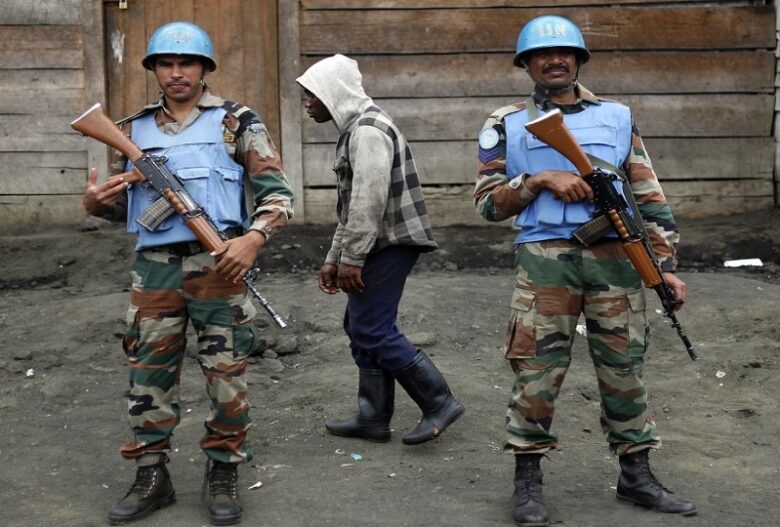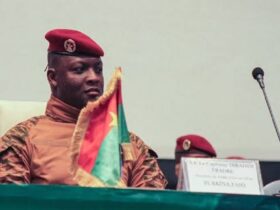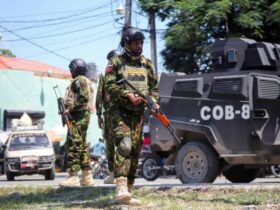The planned withdrawal of U.N. peacekeepers from Congo’s conflict-stricken North Kivu province is unlikely to move forward as long as Rwandan troops are present in the eastern region, the Congolese foreign minister announced on Saturday.
For the past two years, North Kivu has been battling an insurgency by the Rwanda-backed M23 militia, which has displaced over a million people.
A U.N. report released this week disclosed that 3,000-4,000 Rwandan troops are fighting the Congolese army and exerting “de facto control” over M23 operations.
Rwanda has consistently denied accusations from Congo and Western nations that it backs the M23 militia with troops and weapons.
Despite these denials, numerous reports and investigations have pointed to evidence of Rwandan support, exacerbating tensions in the region and complicating diplomatic relations.
The Congolese government announced on Tuesday that the necessary criteria for the U.N. mission to exit the province have not yet been fulfilled.
Foreign Minister Therese Kayikwamba Wagner reiterated that, although the withdrawal is still a priority, it should be carried out in an orderly fashion when circumstances permit.
“The ongoing presence of Rwandan troops and Rwanda’s aggressive actions make it very challenging to envision such a scenario at this time,” she stated in an interview with Reuters.
“So we are following the evolution of the context in order to find the most suitable moment to start this process.”
Bintou Keita, head of the U.N. mission known as MONUSCO, has said there is no timeline for the pull-out, which was requested by Congolese President Felix Tshisekedi last September.
The initial phase involved peacekeepers finishing their withdrawal from South Kivu province in June.
The complete exit of MONUSCO, which succeeded an earlier U.N. peacekeeping mission in 2010 and currently consists of approximately 10,800 troops, will significantly alter security dynamics in the mineral-rich eastern Congo, where numerous armed groups vie for territory and resources.
Congo’s efforts to raise global awareness about Rwanda’s role in the M23 conflict are beginning to show positive results, Wagner stated.
She expressed optimism that this could lead to the imposition of targeted sanctions.
“Our audiences are increasingly recognising that while Rwanda may act as a peacekeeper in some nations, it behaves as a warmonger in the Great Lakes region,” she remarked.
Concerning international pressure, she stated, “It’s not about the general populace; it’s the decision-makers who need to be held accountable. This is what we seek when discussing sanctions.”
The violence in North Kivu province has displaced over 1.7 million people, bringing the total number of Congolese uprooted by various conflicts to a staggering 7.2 million, based on U.N. estimates.
YOU MAY ALSO READ: Meta lifts restrictions on Trump’s Facebook, Instagram accounts









Got a Question?
Find us on Socials or Contact us and we’ll get back to you as soon as possible.